
In order to maintain a balanced and nutritious diet, vegans must ensure they are receiving essential nutrients from plant-based sources.
This article will explore the top 10 vital nutrients that every vegan should incorporate into their diet. From vitamin B12 to omega-3 fatty acids, we will delve into the evidence-based benefits and sources of these nutrients, providing informative and balanced guidance for those seeking to optimize their vegan lifestyle.
Join us on this journey to discover the power of vital veggies in supporting a healthy and fulfilling vegan diet.
Vitamin B12
Vitamin B12 is an essential nutrient that vegan individuals must ensure they obtain through fortified foods or supplements. This essential vitamin plays a crucial role in maintaining the health of our nerve cells and red blood cells, as well as the production of DNA.
Unfortunately, vitamin B12 deficiency is quite common among vegans due to the limited availability of plant-based sources. This deficiency can lead to symptoms such as fatigue, weakness, and even neurological problems.
To prevent this, vegans should consider taking vitamin B12 supplements regularly. These supplements are readily available in various forms, including tablets, capsules, and even injections. It is important to note that fortified foods, such as plant-based milk alternatives, cereals, and nutritional yeast, can also be a good source of vitamin B12 for vegans.
Ensuring an adequate intake of vitamin B12 is vital for vegans to maintain their overall health and well-being.
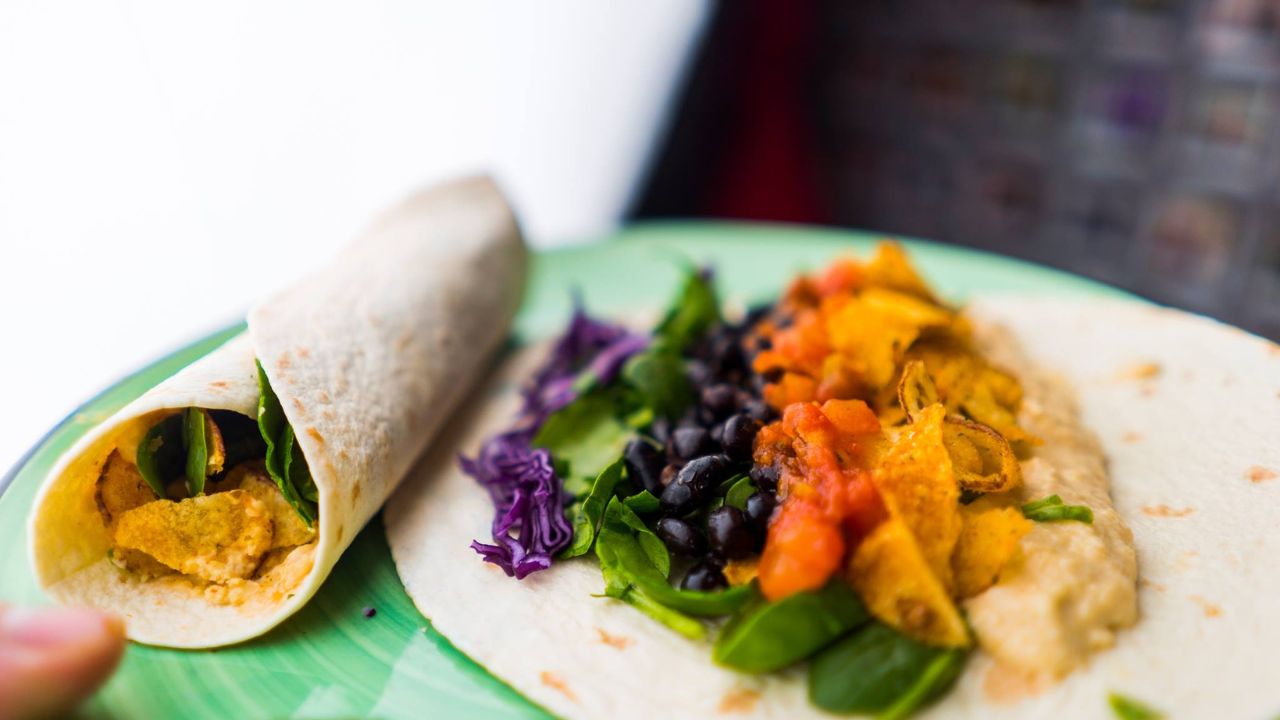
Omega-3 Fatty Acids
Omega-3 fatty acids are essential nutrients that play a crucial role in maintaining overall health. While fish is a well-known source of omega-3s, plant-based alternatives are also available for vegans. These include flaxseeds, chia seeds, hemp seeds, and walnuts, which are rich in alpha-linolenic acid (ALA), a type of omega-3 fatty acid.
Consuming adequate amounts of omega-3s has been linked to numerous health benefits. These include reducing inflammation, supporting brain health, and improving heart health. Omega-3s have been shown to have anti-inflammatory properties, which can help with conditions such as arthritis and autoimmune diseases. They also play a role in brain function and development, with studies suggesting that omega-3s may help with cognitive function and reduce the risk of mental decline. Additionally, omega-3s have been shown to have a positive impact on heart health. They can help lower blood pressure, reduce triglyceride levels, and decrease the risk of heart disease.
Incorporating omega-3-rich foods into your diet is important for overall health and well-being. Whether you choose to include fish or opt for plant-based sources, ensuring an adequate intake of omega-3 fatty acids can have a positive impact on your health.
Sources of Omega-3
A nutrient-rich vegan diet can easily meet the body's requirement for omega-3 fatty acids through various plant-based sources.
While commonly associated with fish, omega-3 fatty acids can also be obtained from plant-based foods.
Flaxseeds, chia seeds, and hemp seeds are excellent sources of alpha-linolenic acid (ALA), a type of omega-3 fatty acid. These seeds can be sprinkled on salads, blended into smoothies, or used as an egg substitute in baking.
Walnuts and soybeans are also rich in ALA.

Additionally, seaweed and algae-based products, such as spirulina, are emerging as vegan sources of omega-3s.
For those who prefer supplements, vegan omega-3 supplements derived from algae are available.
It is important to note that omega-3 fatty acids are essential for overall health, and incorporating plant-based sources into a vegan diet can ensure an adequate intake.
Plant-Based Alternatives
Plant-based alternatives offer a valuable source of omega-3 fatty acids for vegans, complementing the discussion on sources of omega-3 from the previous subtopic. While omega-3 fatty acids are commonly found in fish and seafood, vegans can obtain these essential nutrients from plant-based protein sources.
One such source is flaxseeds, which are rich in alpha-linolenic acid (ALA), a type of omega-3 fatty acid. Chia seeds and hemp seeds are also excellent sources of ALA. Additionally, walnuts and soybeans provide omega-3 fatty acids.
To incorporate these plant-based proteins into their diet, vegans can add ground flaxseeds or chia seeds to smoothies, sprinkle hemp seeds on salads or yogurt, and include walnuts or soybeans in their meals. These plant-based alternatives offer a convenient and effective way for vegans to meet their omega-3 fatty acid needs while adhering to their dietary preferences.
Health Benefits of Omega-3
The health benefits of incorporating omega-3 fatty acids into a vegan diet are significant. Omega-3 fatty acids are essential nutrients that play a crucial role in maintaining overall health and well-being. They have been shown to reduce inflammation, improve heart health, and support brain function.
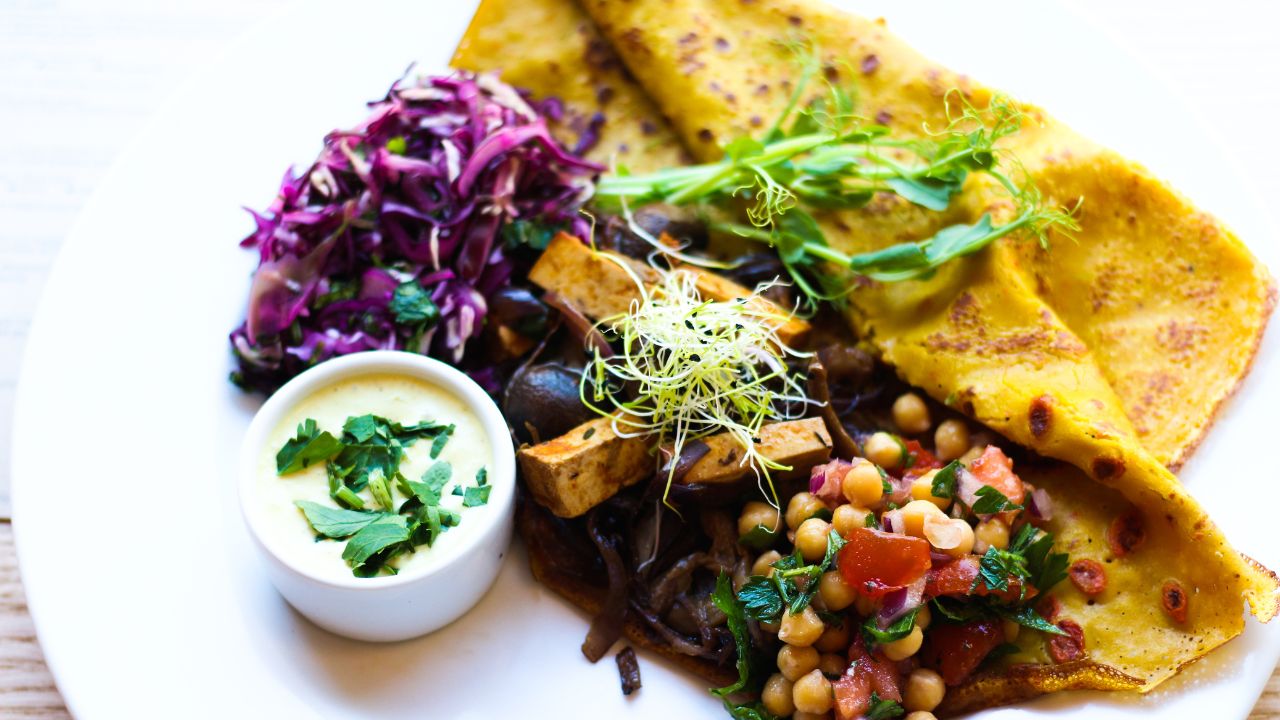
While fish and seafood are commonly associated with omega-3 fatty acids, there are also several plant-based sources available for vegans. Flaxseeds, chia seeds, hemp seeds, and walnuts are all excellent sources of omega-3 fatty acids. These plant-based sources contain alpha-linolenic acid (ALA), which is converted into the active forms of omega-3 fatty acids in the body.
Including these plant-based omega-3 sources in a vegan diet can help individuals meet their nutritional needs and reap the health benefits associated with omega-3 fatty acids.
Iron
Iron is an essential nutrient for vegans. It can be found in a variety of plant-based foods. Incorporating iron-rich vegan foods into the diet is important for maintaining optimal health and preventing iron deficiency anemia.
Understanding the importance of iron and knowing which plant-based foods are high in this nutrient can help vegans meet their iron needs and stay healthy.
Iron-Rich Vegan Foods
A wide variety of vegan foods are rich in iron, making it easy for vegans to meet their daily iron needs. Iron is an essential mineral that plays a crucial role in the body, including the production of red blood cells and the transportation of oxygen. It is especially important for vegans to ensure they are consuming enough iron, as they may be at a higher risk of iron deficiency due to the absence of meat in their diet.
However, there are plenty of plant-based sources of iron that can help vegans maintain optimal iron levels. Some iron-rich vegan foods include legumes, such as lentils and chickpeas, tofu, quinoa, spinach, and fortified cereals.
It is worth noting that while these foods can provide sufficient iron, some vegans may still choose to take vegan iron supplements to ensure they are meeting their iron requirements.
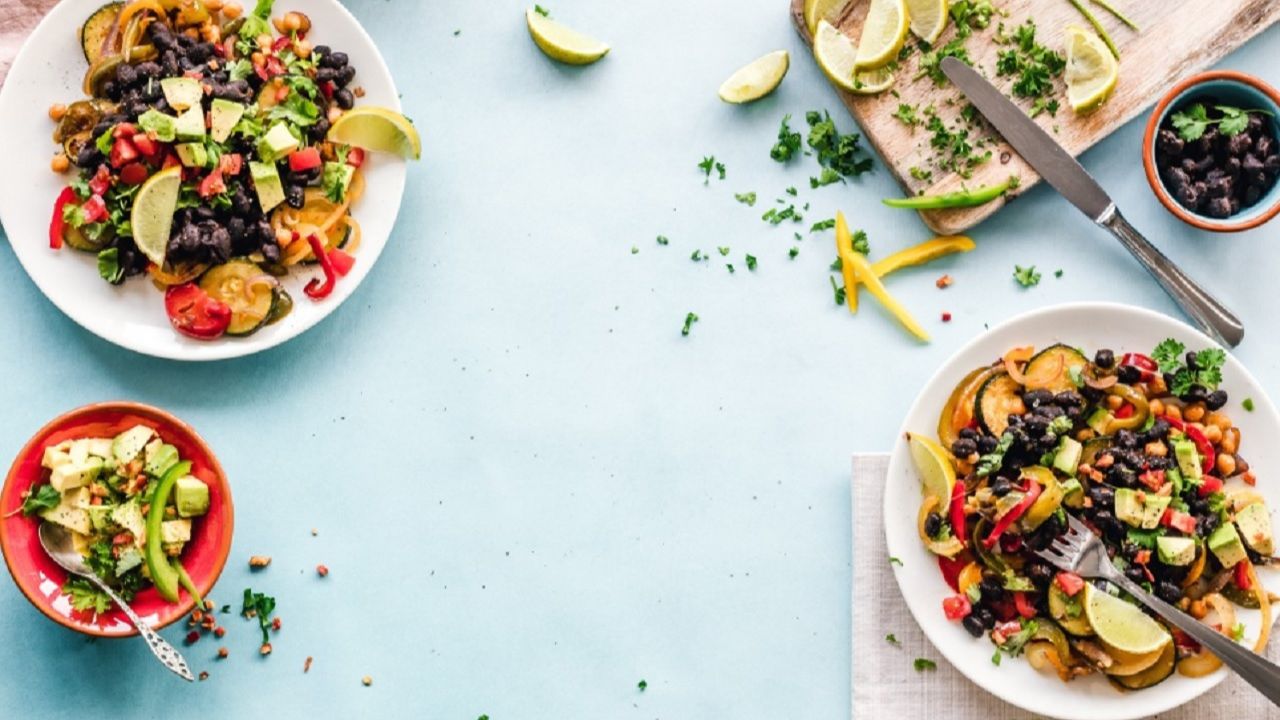
Importance of Iron
Iron, an essential mineral with numerous vital functions in the body, is especially important for vegans to ensure they are meeting their daily iron needs. Iron plays a crucial role in carrying oxygen throughout the body, supporting energy production, and maintaining a healthy immune system.
However, vegan diets can sometimes be lacking in iron, as the main sources of this nutrient are often found in animal products. Iron deficiency is a common concern for vegans, as it can lead to fatigue, weakness, and impaired cognitive function.
To prevent iron deficiency, vegans should focus on consuming plant-based iron-rich foods such as legumes, tofu, spinach, and fortified cereals. Additionally, pairing iron-rich foods with vitamin C-rich foods can enhance iron absorption.
It is also advisable for vegans to monitor their iron levels regularly and consider supplementation if necessary.
Calcium
Calcium is an essential nutrient that plays a crucial role in maintaining strong bones and teeth. While dairy products are a common source of calcium, vegans can obtain this mineral from plant-based sources as well.
Some excellent plant-based calcium sources include leafy greens like kale, broccoli, and collard greens, as well as fortified plant milks, tofu, and almonds.
It's important to note that certain factors can affect calcium absorption. For optimal absorption, it is recommended to consume calcium-rich foods in combination with foods that are high in vitamin D, such as fortified plant-based milks or exposure to sunlight.
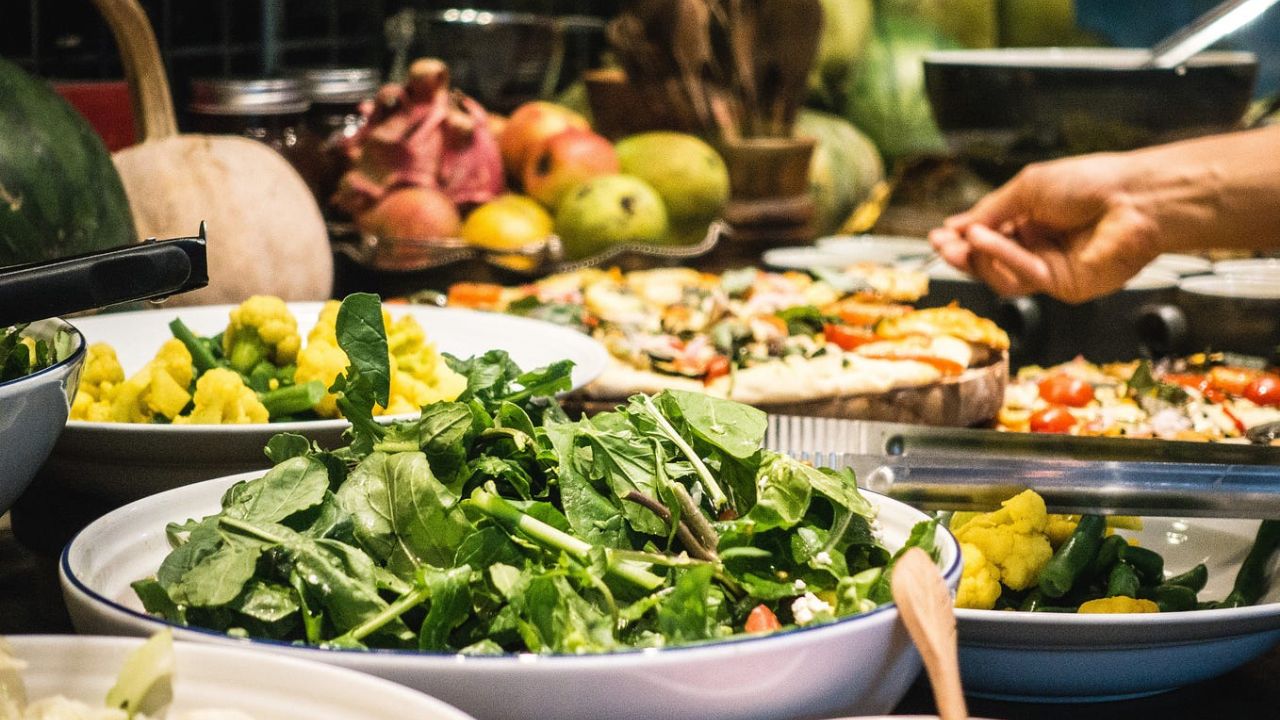
Additionally, minimizing the intake of foods that hinder calcium absorption, such as excessive caffeine and sodium, can help ensure adequate calcium levels in a vegan diet.
Zinc
Furthermore, zinc is another vital nutrient for vegans to consider in their diet. Zinc plays a crucial role in various bodily functions, such as immune system support, DNA synthesis, and wound healing.
While zinc deficiency is rare in developed countries, vegans should still pay attention to their zinc intake due to its lower bioavailability from plant-based sources compared to animal-based sources.
To ensure adequate zinc levels, vegans can incorporate zinc-rich foods into their diet, such as legumes, whole grains, nuts, and seeds. Additionally, using food preparation techniques like soaking, sprouting, and fermenting can enhance zinc absorption.
In cases where meeting zinc requirements through diet alone is challenging, zinc supplements can be considered under the guidance of a healthcare professional. However, it is important to note that excessive zinc supplementation can lead to adverse effects, so moderation is key.
Iodine
Iodine is an essential nutrient that plays a crucial role in maintaining thyroid health and supporting proper metabolism.
While iodine deficiency is rare in many developed countries due to iodized salt and fortified foods, it can still be a concern for vegans who avoid these sources.
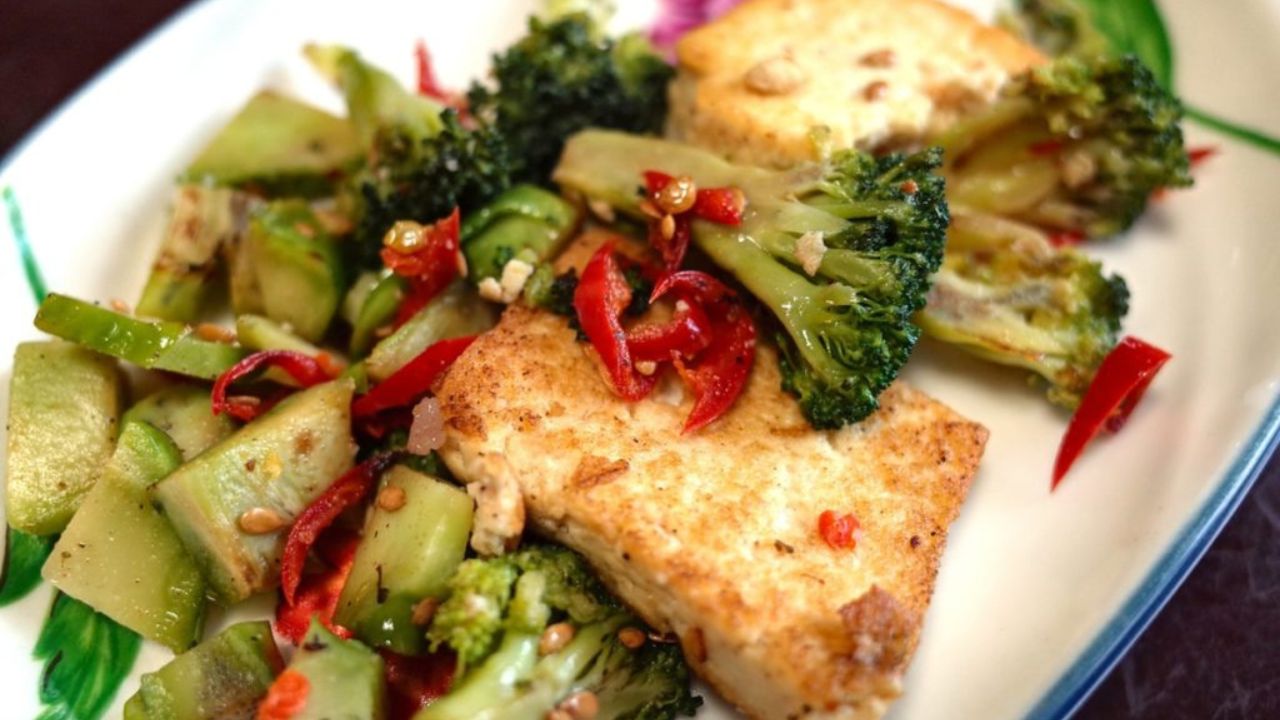
However, there are various iodine-rich plant sources that can be incorporated into a vegan diet to ensure adequate intake of this vital nutrient.
Iodine-Rich Plant Sources
While many plant-based sources provide essential nutrients for vegans, it is important to consider iodine-rich options to ensure a well-rounded diet. Iodine is a trace mineral that plays a crucial role in thyroid function and overall health. Vegans, especially those who avoid seaweed, may be at risk of iodine deficiency as plant-based sources are generally low in iodine.
To address this, vegans can incorporate iodine-rich plant sources into their diet. Some of these include:
- Seaweed: Seaweed, such as kelp and nori, is an excellent source of iodine and can be easily added to soups, salads, and stir-fries.
- Iodized salt: Opting for iodized salt instead of regular salt can help increase iodine intake.
While these sources can help meet iodine requirements, it is important to note that iodine supplements should only be taken under the guidance of a healthcare professional, as excessive iodine intake can have negative health effects.
Importance of Iodine
A sufficient intake of iodine is vital for maintaining optimal thyroid function and overall health in vegans.
Iodine is an essential mineral that plays a crucial role in the production of thyroid hormones, which regulate metabolism, growth, and development.
While iodine deficiency is less common in developed countries due to the widespread use of iodized salt, it can still occur, especially in individuals following a vegan diet.
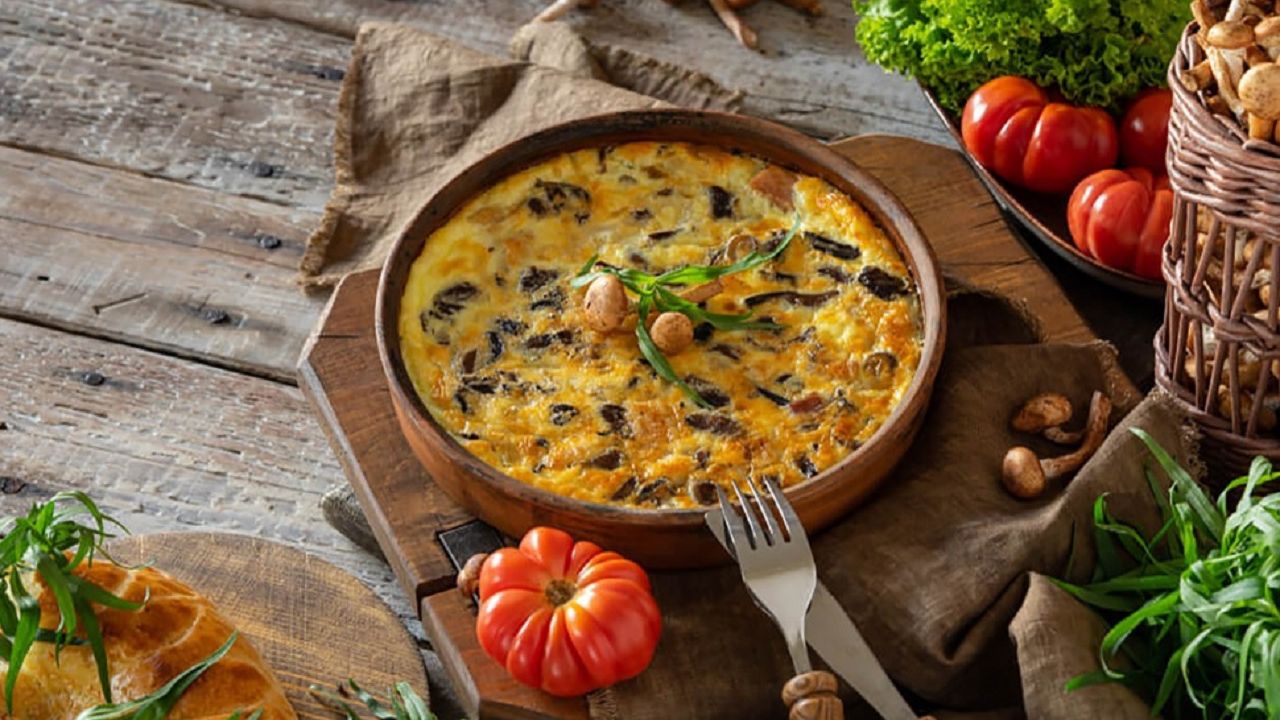
Vegans may be at a higher risk of iodine deficiency if they do not consume iodine-rich foods such as seaweed, iodized salt, and fortified plant-based milk.
In cases where iodine deficiency is identified, iodine supplementation may be necessary to ensure adequate intake and prevent adverse health effects.
Therefore, it is important for vegans to be mindful of their iodine intake and consider supplementation if needed.
Vitamin D
Vitamin D plays a crucial role in maintaining overall health and is essential for vegans to obtain through dietary sources or supplementation. It is well-known that sunlight is a major source of vitamin D, as the skin produces it when exposed to the sun's UV rays. However, vitamin D deficiency is common, especially among vegans, due to limited dietary sources and lack of sun exposure.
To ensure adequate intake of vitamin D, vegans can consider the following options:
- Fortified Foods: Many plant-based milk alternatives, cereals, and orange juice are fortified with vitamin D, making them a good dietary source for vegans.
- Supplements: Vegan-friendly vitamin D supplements are widely available and can help meet daily requirements.
While sunlight remains an important source of vitamin D, it's essential for vegans to be mindful of their intake and consider alternative sources to prevent deficiencies.
Protein
An adequate intake of protein is crucial for vegans to support their overall health and meet their nutritional needs. While some people may believe that it is difficult for vegans to obtain enough protein from a plant-based diet, there are plenty of protein alternatives available.
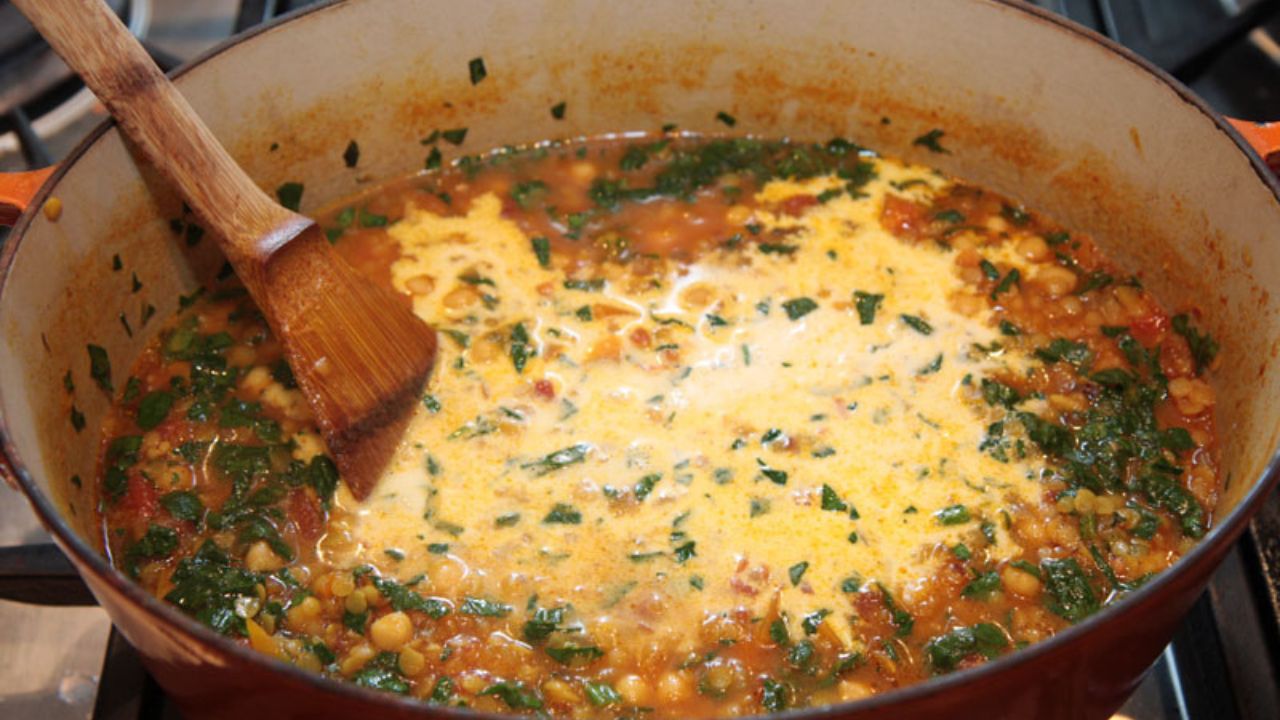
Legumes such as lentils, chickpeas, and black beans are excellent sources of protein, providing around 15-20 grams per cup. Other plant-based protein sources include tofu, tempeh, quinoa, and edamame.
It is important for vegans to ensure they are consuming enough protein to meet their daily requirements, which can vary depending on factors such as age, sex, and activity level. Consulting with a registered dietitian or nutritionist can help vegans determine their specific protein needs and create a well-balanced meal plan that meets their nutritional requirements.
Selenium
Selenium plays a crucial role in a vegan's diet, supporting various bodily functions and ensuring overall health. This essential mineral acts as a powerful antioxidant, protecting cells from damage caused by free radicals.
A selenium deficiency can lead to weakened immune function, impaired thyroid function, and increased risk of chronic diseases such as heart disease and cancer.
Fortunately, there are many selenium-rich foods that vegans can incorporate into their diet to meet their daily requirements. Some excellent plant-based sources of selenium include Brazil nuts, sunflower seeds, chia seeds, mushrooms, and whole grains.
Incorporating these foods into a vegan diet can help prevent selenium deficiency and promote optimal health. Remember to enjoy a varied and balanced diet to ensure you are meeting all of your nutritional needs.
Vitamin K2
Moving on from the discussion about selenium, another important nutrient to include in a vegan's diet is vitamin K2. Vitamin K2 is a fat-soluble vitamin that plays a crucial role in bone health. It helps to activate proteins that regulate the transportation of calcium in the body, ensuring that it is properly deposited in the bones and teeth.

In addition to its role in bone health, vitamin K2 also supports cardiovascular health by preventing the calcification of arteries.
Absorption of vitamin K2 is optimized when consumed with dietary fats. Good sources of vitamin K2 for vegans include fermented soy products like natto, tempeh, and miso, as well as certain types of seaweed and algae.
Deficiency in vitamin K2 can lead to an increased risk of osteoporosis and cardiovascular diseases. Therefore, it is essential for vegans to ensure an adequate intake of vitamin K2 through a well-balanced diet or supplementation if necessary.
Frequently Asked Questions
Can Vegans Get Enough Vitamin B12 From Plant-Based Sources Alone?
Vegans cannot get enough vitamin B12 from plant-based sources alone. It is recommended to take vegan B12 supplements or consume B12 fortified foods to ensure adequate intake of this essential nutrient.
What Are Some Vegan-Friendly Sources of Omega-3 Fatty Acids?
Vegan-friendly sources of omega-3 fatty acids include flaxseeds, chia seeds, hemp seeds, walnuts, and algae-based supplements. Omega-3s provide numerous health benefits for vegans, such as reducing inflammation, supporting brain health, and promoting heart health.
How Can Vegans Ensure They Are Meeting Their Recommended Daily Intake of Iron?
Vegans can ensure meeting their recommended daily intake of iron by incorporating plant-based sources rich in iron, such as legumes, tofu, and leafy greens. Additionally, combining these foods with vitamin C-rich options can enhance iron absorption. Signs of iron deficiency in vegans may include fatigue and weakness.
Are There Any Plant-Based Sources That Provide Sufficient Amounts of Calcium for Vegans?
Plant-based calcium sources are abundant for vegans. Foods like tofu, kale, almonds, and fortified plant-based milk are excellent alternatives to dairy. Meeting the recommended daily intake of calcium is achievable through a well-planned vegan diet.
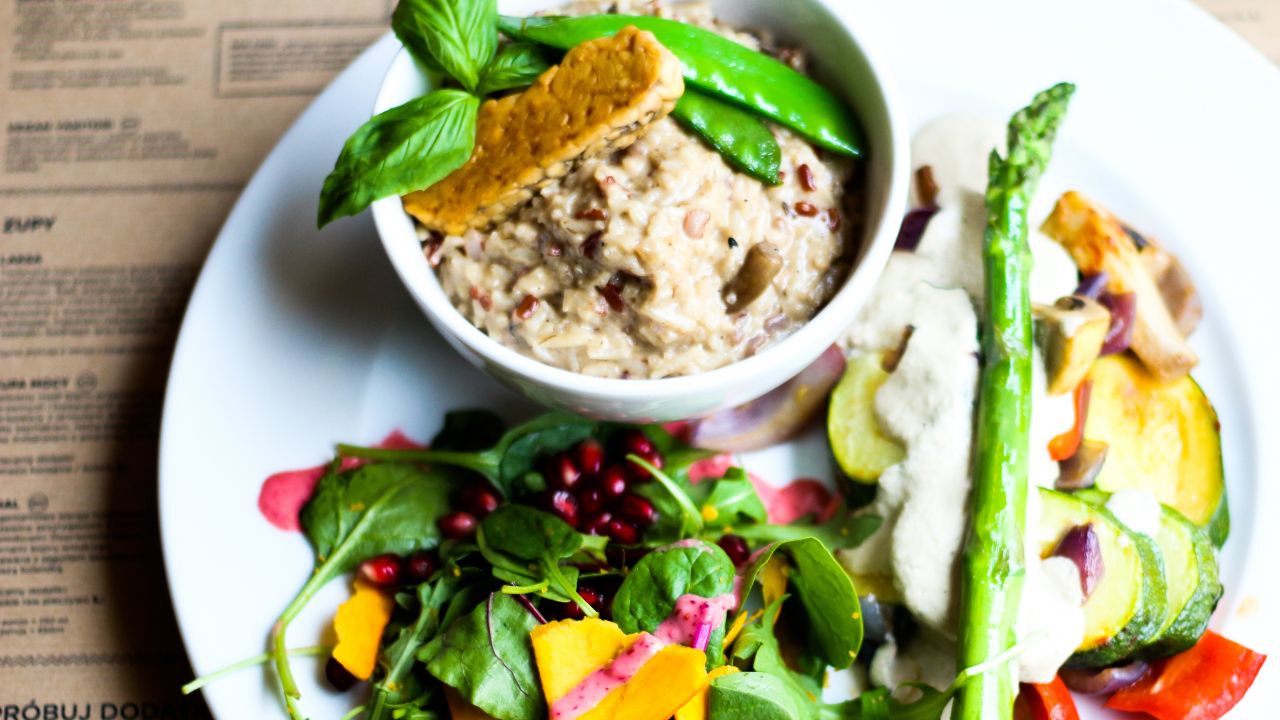
What Are Some Vegan-Friendly Sources of Zinc and How Much Should Vegans Aim to Consume Daily?
Vegan-friendly sources of zinc include legumes, nuts, seeds, whole grains, and fortified foods. The recommended daily intake for vegans is 8-11 mg for males and 6-8 mg for females.
 Business & FinanceHealth & MedicineTechnologyLifestyle & CultureScience & EnvironmentWorld NewsPrivacy PolicyTerms And Conditions
Business & FinanceHealth & MedicineTechnologyLifestyle & CultureScience & EnvironmentWorld NewsPrivacy PolicyTerms And Conditions
